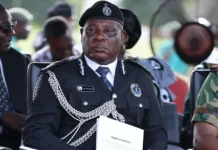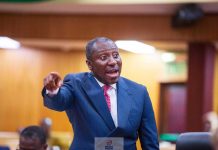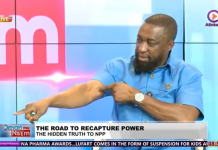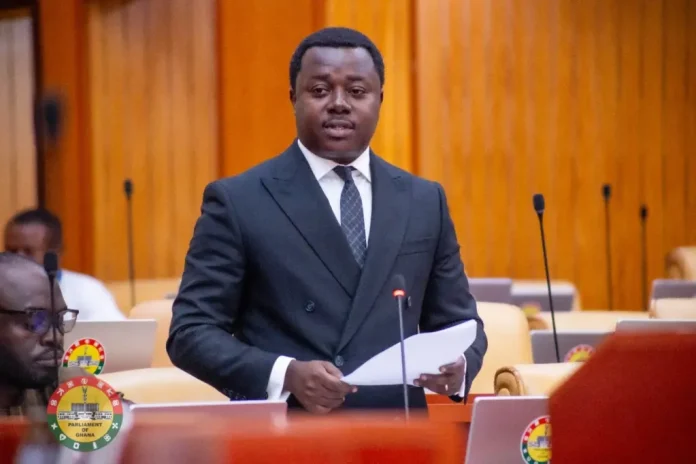The Ranking Member of Parliament’s Defense and Interior Committee, Reverend Ntim Fordjour, has called on government to act swiftly to address the escalating violence and insecurity in Bawku and its surrounding communities.
In a strong appeal, Rev. Fordjour described the current situation as dire, with recent attacks becoming more frequent and sophisticated, posing a significant threat to human lives, essential services, and national security.
“Over the past few months, the intensity and frequency of attacks — including sporadic shootings, arson, and home invasions — have escalated alarmingly. The growing use of sophisticated weaponry raises serious concerns about the sources of these arms and the effectiveness of current control measures,” he warned.
He cited disturbing incidents such as the targeted attacks on buses, the burning of homes, and the torching of the residence of Hon. Mahama Ayariga, MP for Bawku Central, as evidence of the increasing volatility of the conflict. “These acts reflect deepening frustration among sections of the youth and a dangerous descent into lawlessness,” he added.
ALSO READ: Bawku: Ayariga condemns violence, backs Otumfuo’s peace efforts
Rev. Fordjour stressed that the failure to de-escalate tensions has created a cycle of reprisals that, if unchecked, could entrench long-term insecurity and instability in the region.
Beyond the immediate threat to security, he highlighted the devastating impact of the violence on education, healthcare, and livelihoods. Schools have been forced to close, depriving children of their right to learn, while teachers, nurses, and other professionals have fled the area for fear of their safety.
“The conflict is crippling essential services and deepening the humanitarian crisis. Key institutions and businesses have shut down. Residents are living in constant fear, and the current approach has clearly proven inadequate,” he stated.
Rev. Fordjour called for a more coordinated, comprehensive response that goes beyond military intervention. He urged government to involve traditional authorities, civil society, and community leaders in designing long-term solutions that restore peace, rebuild trust, and protect lives.
“This is not the time for silence or delay. The lives of Ghanaians are at stake, and we must rise to the urgency of the moment,” he concluded.
Ghana|Atinkaonline.com|Ebenezer Madugu



























